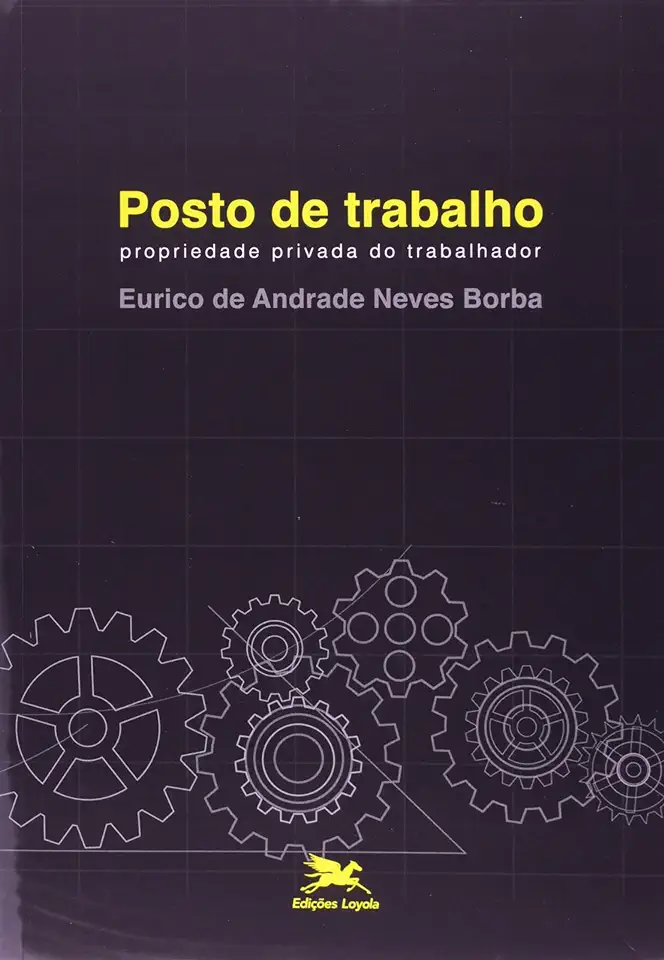
Workplace - Private Property of the Worker - Eurico de Andrade Neves Borba
Workplace - Private Property of the Worker: A Revolutionary Approach to Labor Relations
Introduction
In his groundbreaking book, "Workplace - Private Property of the Worker," Eurico de Andrade Neves Borba presents a radical new vision for labor relations. Borba argues that the traditional employer-employee relationship is inherently exploitative and that the only way to achieve true economic justice is for workers to own and control their own workplaces.
The Problem with Traditional Labor Relations
Under the traditional employer-employee relationship, workers are essentially wage slaves. They are paid a fixed wage for their labor, but they have no say in how the business is run or how the profits are distributed. This system creates a fundamental conflict of interest between workers and employers, as employers are incentivized to maximize their profits by paying workers as little as possible.
The Solution: Worker Ownership
Borba argues that the only way to resolve this conflict of interest is for workers to own and control their own workplaces. When workers are the owners of their own businesses, they have a direct stake in the success of the business and are therefore motivated to work hard and be productive. This leads to increased efficiency, innovation, and profitability, which benefits everyone involved.
The Benefits of Worker Ownership
There are many benefits to worker ownership, including:
- Increased productivity: Worker-owned businesses are typically more productive than traditional businesses, as workers are more motivated to work hard when they know they are working for themselves.
- Increased innovation: Worker-owned businesses are also more innovative, as workers are free to experiment with new ideas and take risks without fear of being punished by their employers.
- Increased profitability: Worker-owned businesses are often more profitable than traditional businesses, as workers are more likely to reinvest their profits back into the business.
- Reduced inequality: Worker ownership helps to reduce inequality, as workers are able to share in the profits of their labor.
- Increased democracy: Worker ownership promotes democracy in the workplace, as workers have a say in how their businesses are run.
Conclusion
"Workplace - Private Property of the Worker" is a must-read for anyone interested in creating a more just and equitable economy. Borba's vision of worker ownership is a powerful and inspiring alternative to the traditional employer-employee relationship, and it offers a real path to a better future for workers around the world.
Call to Action
If you are interested in learning more about worker ownership, or if you are ready to start your own worker-owned business, there are many resources available to help you. Here are a few organizations that can provide you with information and support:
- The United States Federation of Worker Cooperatives (USFWC)
- The Democracy at Work Institute
- The Mondragon Cooperative Corporation
- The International Cooperative Alliance
You can also find more information about worker ownership online at the following websites:
- The Worker Cooperative Resource Center
- The ICA Global Cooperative Database
- The ILO Cooperative Database